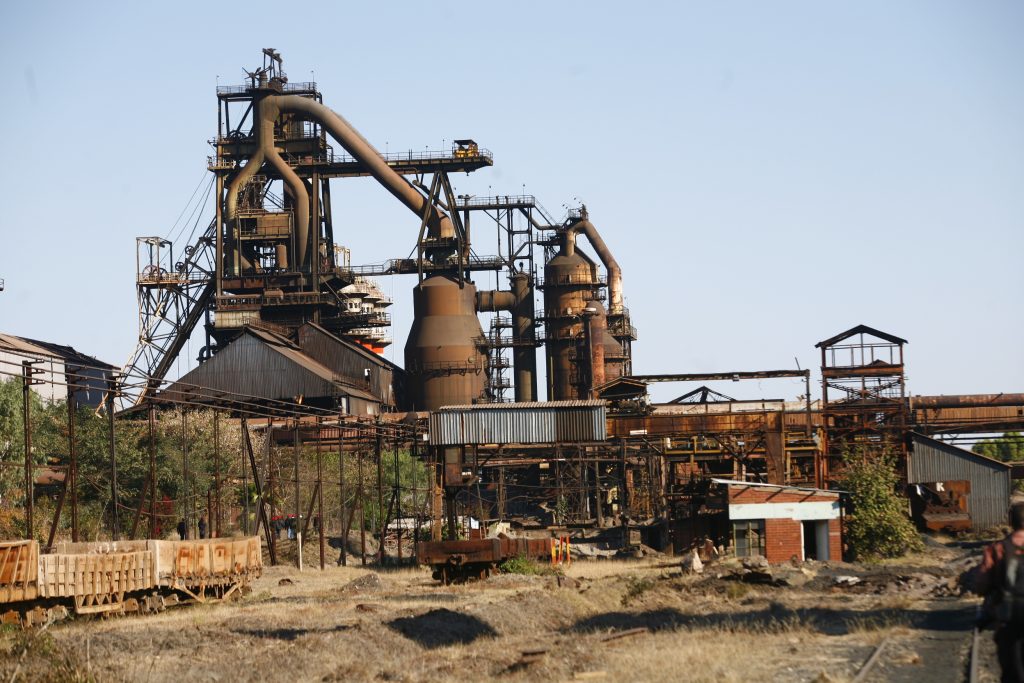In 2017 Mr. Bill Moore approached the authorities with an idea that he could get one of the Zisco Steel Divisions working again – that part of the Company involved in producing and supplying coke to the steel plant. This is the largest such enterprise in southern Africa and was linked to a chemical plant that processed the by-products to produce many industrial products for sale and distribution in Zimbabwe. Bill had been a long term consultant and contractor to Zisco and was owed money like many other firms. His speciality was coke oven construction, maintenance and operations.
I suggested (as a Member of the House Committee on Finance) that the Ministry of Finance consider a debt/asset swop to support Mr. Moore’s proposals. The Minister was surprised at this suggestion and said to me ‘are they prepared to pay money for that pile of scrap?’ I looked at the proposals and said yes, I thought the investment could support the liabilities involved. We agreed to target the KfW debt which at that time was at Euro 168 million and rising at nearly 7 per cent per annum in interest.
The Minister took to proposal to Cabinet and a Committee of four Ministers was established to essentially negotiate a debt/asset swop. It was agreed to fix the KfW liability at US$225 million and Zisco Steel then negotiated an agreement of sale of some of its assets to match the value of this debt. These included the coke batteries themselves, the coal supply system and 328 hectares of industrial land as well as the shares in Zimchem (Private) Limited. The later has been operating at about 10 per cent capacity for 12 years and has significant debts as well, but is an essential part of the overall plant for operational purposes.
The deal was signed in July 2017 and the Government then set about securing the agreement of KfW Bank and the German Government itself, to the proposed transaction. This took two years. Eventually in early 2019 the debt assumption deal was accepted and a draft agreement sent to the Ministry of Finance. It took another few months for the Attorney General to agree to the draft Agreement – essentially a tripartite agreement between KfW, the Ministry of Finance in Zimbabwe and Zimcoke Limited. The deal was given the green light by the Zimbabwe Cabinet in May 2019 and the final transfer agreements signed by the Zisco Steel Board in July 2019.
What does this transaction mean for the country and even Zisco Steel itself? It means that a private sector group, mainly Zimbabweans, with regional support from African Banks is going to invest US$500 million in the Coke operations at Zisco over the next 5 years. The result; exports and local sales of over US$250 million a year, employment both direct and indirect of about 2 500 people, 700 at Zisco itself, nearly all former employees. Two and a half million tonnes of bulk cargo on the railways, and market for another 1,5 million tonnes a year of high quality coal from Hwange Colliery.
In 7 years the company will extinguish a debt of over US$380 million with the KfW bank – a third of all our bilateral debt with Germany and a significant proportion of our national debt. Any time the Zisco Steel Company wants to restart production Zimcoke has agreed to supply the company at cost plus a margin. It’s not the total solution, but it is a giant step towards such a solution.
I think that is a pretty good deal.
Eddie Cross, Harare 09/04/2020
(213 VIEWS)


